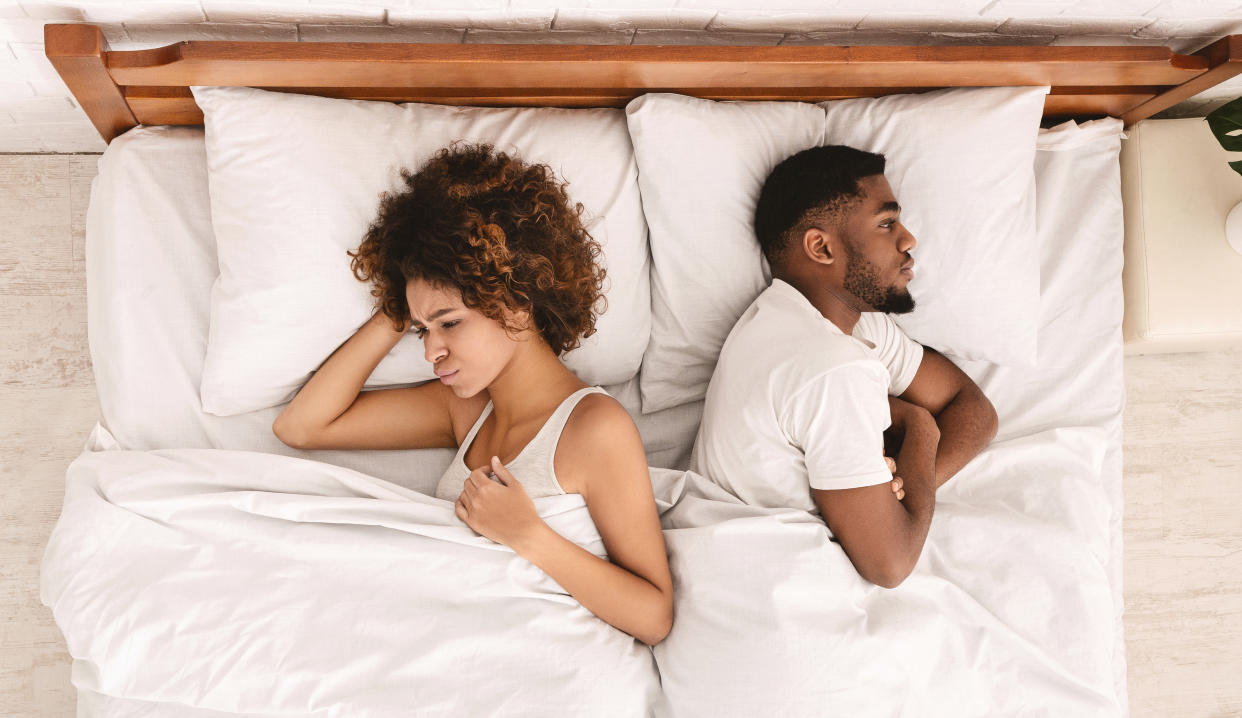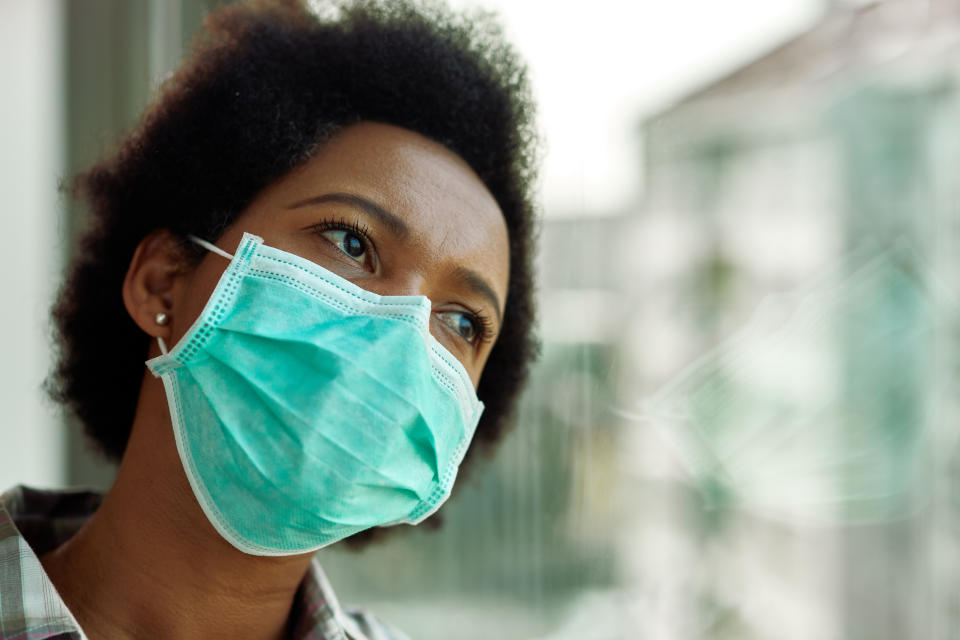People in poor relationships during lockdown more likely to show signs of depression, study suggests

People in unhappy relationships may have seen their mental health deteriorate during lockdown, research suggests.
Scientists from Danube University Krems sent out a survey to more than 1,000 people four weeks after the “stay at home” restrictions were introduced in Austria on 16 March.
The individuals who identified as being in a relationship of “poor quality” were 3.5 times more likely to score badly on numerous mental health measures – from depression and anxiety to stress and sleep – than those in “good” couplings.
Singletons also scored better than those in an unhappy union, the results show.
Read more: Coronavirus cases doubling every seven to eight days in England

A “considerable amount of evidence” suggests married individuals have a happier disposition than never-married or divorced people, the scientists wrote in the journal PLOS ONE.
Being married “per se”, however, is “not universally beneficial”, with the “satisfaction and support” of the union being important.
“Catastrophes are known to have an impact on relationships, as well as on mental health,” wrote the scientists.
The affect of the pandemic on divorce rates is yet to be seen. Hurricane Hugo, which decimated parts of the Caribbean and southeastern US in September 1989, was linked to an increase in separations.
Divorce rates fell, however, after the 11 September 2001 terrorist attack in New York.
Read more: Coronavirus risk highest among cleaners in one NHS trust
To better understand how the coronavirus outbreak may be impacting relationships, the scientists sent a survey to 1,005 adults.
Across numerous scales, the 543 participants who reported being in a good relationship scored better than the 190 in a poor coupling or the 272 singletons.
Those in a poor relationship, however, were 3.5 times more likely to score badly than the happily coupled-up participants.
More than a third (35%) of those in an unhappy union reported depressive symptoms, compared to just over one in 10 (12%) of the participants in a good relationship.
A similar number (32%) of those in a poor relationship showed signs of anxiety, versus 12% of the participants in a happy coupling.
The singletons also scored better across all of the scales than those who were dissatisfied with their other half.
Read more: One in 100 hospitalised COVID patients in UK has a punctured lung
“Relationship per se was not associated with better mental health, but the quality of the relationship was essential,” wrote the scientists.
“Compared to no relationship, a good relationship quality was a protective factor whereas a poor relationship quality was a risk factor.”
The scientists stressed it is unclear whether a poor relationship triggered any mental health issue, or vice versa.
An additional survey would have to have been carried out before lockdown to better understand the impact of the restrictions, they added.



